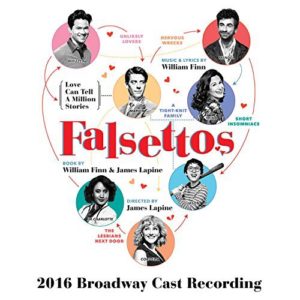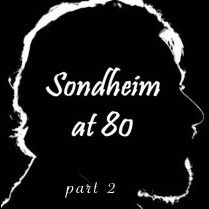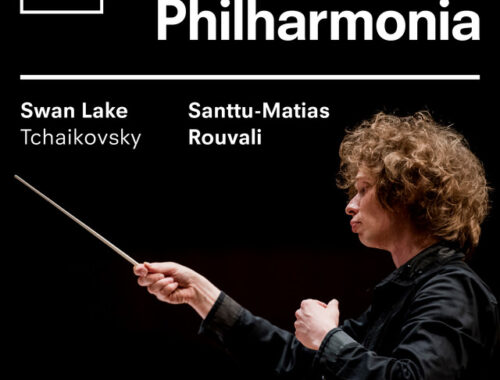Bizet Les Pecheurs de Perles
Royal Opera House
The mis en scène of some operas really is best left to the imagination. Penny Woolcock had a good crack at Bizet’s The Pearl Fishers at ENO last season but notwithstanding the excellence of her Esther Williams swimming effects the opera’s cheesy melodrama hardly supported her “social realism” approach. So the Royal Opera focused on divas not diving and with only four solo roles and a meaty choral element the concert approach made for smart economics in cash-strapped times.
Antonio Pappano was on the podium and from the elegance and airiness of the phrasing in the prelude and the “reveal” of that most seductive tune he characteristically led from the front in terms of style. The emphasis on vital rhythm and roomy, lightly inflected vocals kept the melodramatics moving and the pearly arias and duets floating to the surface. So much in this opera is “described” and the literal exoticism of harp and tambourine flecked accompaniments needs very deft handling.
Likewise the principal voices. The tenor and baritone – John Osborn (Nadir) and Gerald Finley (Zurga) – were first up with that ubiquitous duet and both singers invoked the sacred bond of friendship with laudable restraint and unusual respect for its ethereal dynamics. It’s more than a stentorian stand-and-deliver showstopper, this number, and can unbalance the act if that’s how it’s delivered so near the top of the show.
John Osborn then displayed his credentials with Nadir’s lovely act one Romance, a number demanding absolute command of a beautiful and well-rounded mezza voce. Osborn certainly has the high-set tessitura and palpitating timbre for French music and his heady delivery took the sound away to intoxicating effect. Finley had his “exotic” moments above the stave, too, and managed the tricky interplay between sensitive head voice and authoritative middle range rather well.
Enter then the object of their desires and enmity, the Priestess Leila, as personified by Nicole Cabell in provocative midnight blue. Caball has most of what it takes vocally to keep the role airborne (or should that be waterborne) – not least really great trills – and she generally managed the shimmering fioritura rather well. But the final act is a bit of a stretch for her and in an opera which is so much about longing I for one wanted more spin, more length, in the phrasing.
Good, though, to have no concerns as to whether the production will sink or swim – the score was more than kept afloat.
You May Also Like

GRAMOPHONE Review: Falsettos – 2016 Broadway Cast Recording/Finn
24/04/2018
SONDHEIM at 80: In Good Company – Part Two
02/09/2011